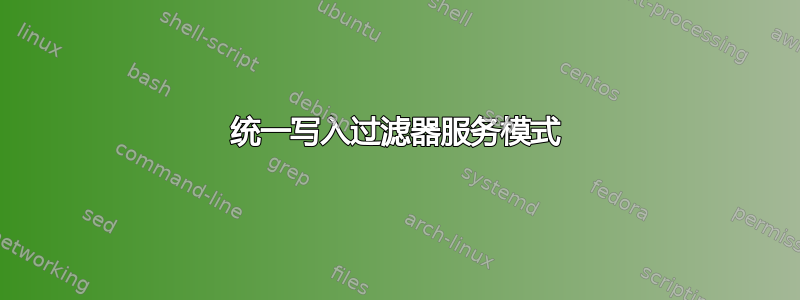
现在,我们想通过端点管理器远程管理设备上的 Windows 更新。
由于我们启用了 UWF(这会阻止对机器的任何更改),因此端点管理器强制更新将不起作用。我们必须以管理员身份运行 CMD 并运行脚本 [uwfmgr servicing enable] 或 [uwfmgr.exe servicing enable]。这很好用,但现在我们必须在每台机器上单独执行此操作。
目前的总体目标是让“uwfmgr servicing enable”cmd 脚本远程运行。然后我们可以继续执行下一步,这会增加更多复杂性,例如让机器自动重启等。但现在,唯一的重点是远程管理这些 Windows 更新。
知道该怎么做吗?请帮忙,谢谢
答案1
这是两个Microsoft 推荐远程管理 UWF 的方法:
- 使用UWF_服务要调用的 WMI 提供程序
UWF_Servicing.Enable。它附带一个示例 powershell 脚本,用于远程启动它:
# update with your remote computer name
$COMPUTER = 'localhost'
# get the UWF WMI instance from the remote computer
$nextSession = Get-WMIObject -Computer $COMPUTER -n 'root\standardcimv2\embedded' -class UWF_Servicing |
where CurrentSession -eq $false
# enable servicing mode
$nextSession.Enable() | Out-Null;
Write-Output "$COMPUTER is enabled for UWF servicing mode after the next restart."
# OR to disable servicing mode on next reboot instead:
# $nextSession.Disable()
注意:在较新版本的 powershell 中,您需要使用较新的版本Get-CimInstance代替Get-WMIObject这里,但我还没有测试过
- 使用UnifiedWriteFilter CSP更改
NextSession/ServicingEnabled值并重新启动。此选项可能对 Endpoint Manager 更友好,但这只是个人偏好。


